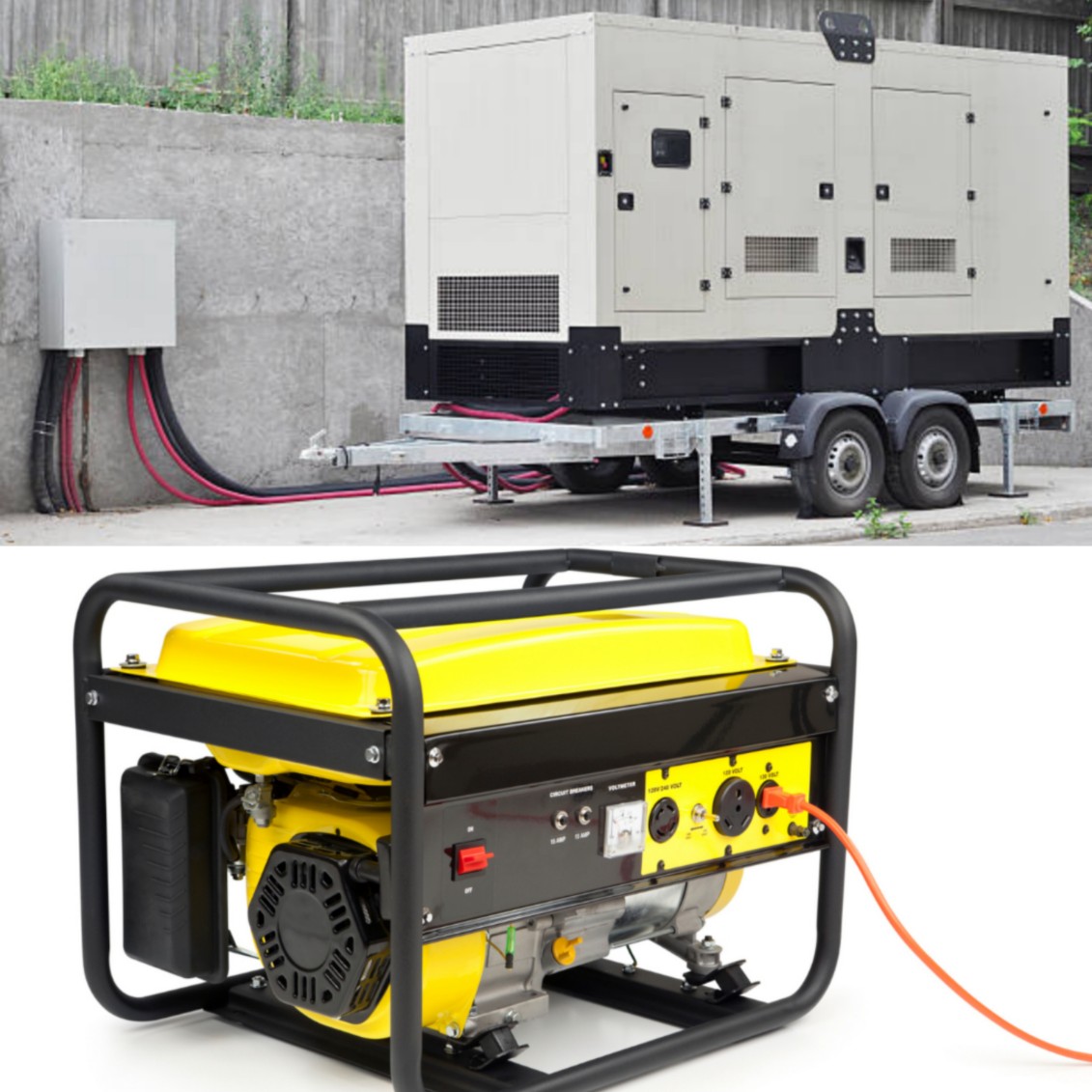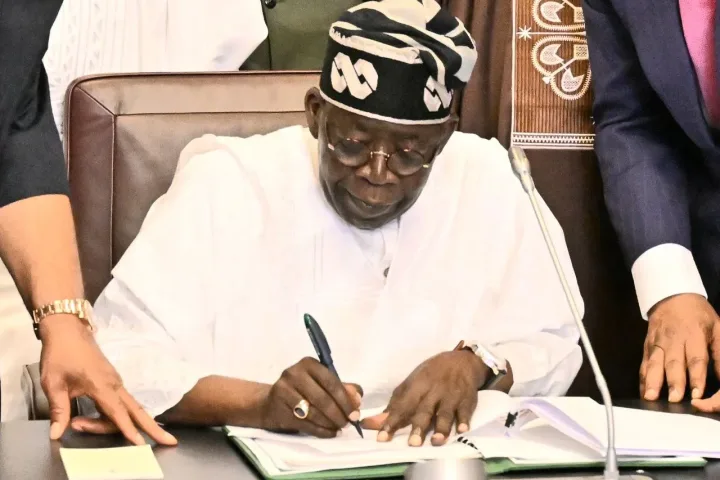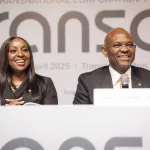Despite steady rise in cost of fuel over the years, Nigerians have continued to buy generators for their various power needs.
From N65 per litre between 2008 and 2011, the price of fuel was increased to N141 in 2012 during President Goodluck Jonathan’s administration but later dropped N97 and later N87 in 2015. It was increased to N145 per litre in 2016, one year after President Muhammadu Buhari came into office for his first tenure. It further increased to N165 by December 2021. According to data from the National Bureau of Statistics (NBS). the average retail price paid by consumers for a litre of petrol as of December 2022 was N206.19. By the time the Federal Government completely removed subsidies on petrol in May 2023, it jumped to an average of N520 and subsequently surged above N600 per litre. With the reports of disruption in distribution, Nigerians have been beset with another round of scarcity and higher fuel pump price as many fillings stations have are not selling and those opened, have long queues.
Join our WhatsApp ChannelDiesel at the same time has been on a steady rise selling above N1,000 per litre.
READ ALSO: History Of Fuel Price Increase In Nigeria
In all of these, Nigerians including private individuals and corporate business organisations stick to the use of generating sets.
Several reasons account for that. However, we shall look at five most common reasons which include: unreliable power supply, business operations, cost-benefit analysis, lack of access to alternative energy sources and cultural norms.
1. Unreliable power supply
Power, which is at the centre of production and driving business activities, is very critical to the survival and sustenance of any economy.
READ ALSO:
Nigeria has for decades had the notorious history of poor power supply. According to a World Bank report, Nigeria with a population of over 200 million had an electricity consumption per capita of 147 kilowatt-hours in 2022. This is a stark difference when when compared with South Africa with a population of over 60 million that boasted of electricity consumption per capita of 3,566 kilowatt-hours during the same period.
Also, World Bank report indicated that access to electricity in Nigeria stood at 59.4 per cent in 2021.
For decades, Nigeria with an installed generation capacity of 13,000MW only, has not had more than 5,000MW distributed companies across the country. The serial cases of grid collapse cause frequent power outages nationwide keeping Nigerians in darkness.
Experts have at different times averred that the cause of power sector crisis in Nigeria is multifaceted ranging from generation problems (gas supply constraints, power plant breakdown, etc.), transmission and distribution challenges, obsolete infrastructure and vandalisation of power facilities among others.
With this scenario, many Nigerians rely on generators to ensure continuous power supply for their homes and businesses.
2. Need to Drive Business Operations
Many businesses in Nigeria cannot afford to experience downtime due to power outages. Therefore, they invest in generators to keep their operations running smoothly. Banks, hotels, event centres, factories among others need steady electricity supply to operate and deliver services to customers. Also people running small scale businesses, cold storage for perishable commodities among others also require 24-hour electricity and so rely on generators.
3. Cost-benefit analysis
Despite the high cost of fuel, having a generator can still be more cost-effective in the long run compared to relying solely on power supplied from the national grid, especially for those who use generators sparingly or during peak hours. When the price of petrol rose to the rooftop last year after the fuel subsidy removal, many converted their generators to be using LPG gas which then seemed cheaper. However, they were quick to return to the use of petrol after the price of gas increased. The price of gas witnessed fluctuations in 2023 due to a number of factors. By the time the price of petrol rose in May, the price of LPG dropped to about N750 per kilogram (kg) and further decreased to 670 in June. This prompted many to go for generators that use gas. However, from July upwards after the naira devaluation and other events both in the local and global markets, the price of gas began to go up and now reaching N1,200 per kg at retail shops. This forced all generator users to go back to petrol which is now cheaper.
4. Lack of Access to Alternative Energy Sources
In many parts of Nigeria, especially rural areas, access to reliable grid power or alternative energy sources like solar panels is limited. Generators remain the most accessible and reliable option for electricity generation. The cost of installing a solar panel and inverter battery that can supply adequate electricity to homes on sustainable basis is still unaffordable to many Nigerians.
5. Cultural norms
Due to years of poor power supply, having a generating set for electricity at homes is often seen as a symbol of social status and wealth just like having a TV set in the 1960s, 70s and even up to 90s. Many people prefer to have a generator as a backup power source, regardless of the fuel costs involved.
Overall, the decision to buy generators in Nigeria despite high fuel costs is often a practical one driven by the need for reliable power supply in a country where grid power can be unreliable. Though the reliance on diesel and petrol power generators for electricity need impacts on business’ operating cost they have no choice than to continue bearing it.
Victor Ezeja is a passionate journalist with seven years of experience writing on economy, politics and energy. He holds a Master's degree in Mass Communication.



















Follow Us